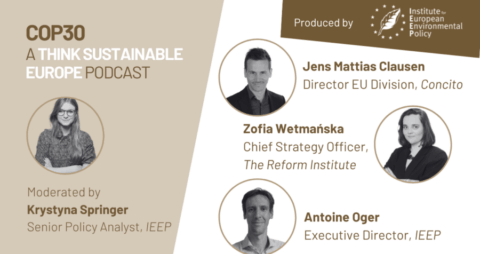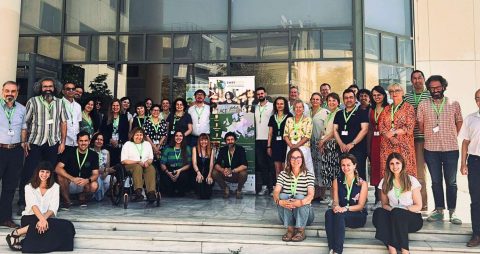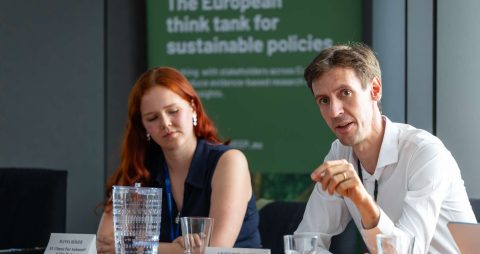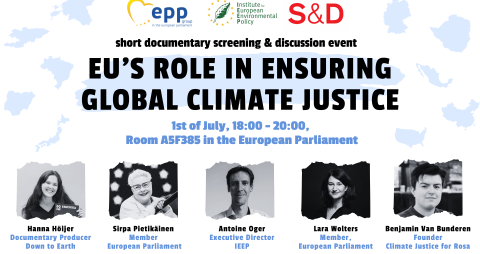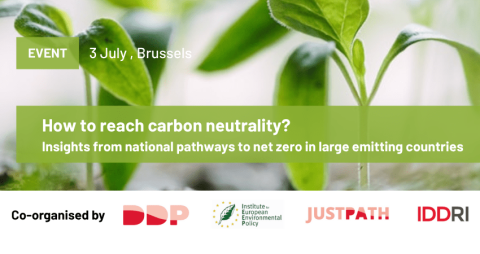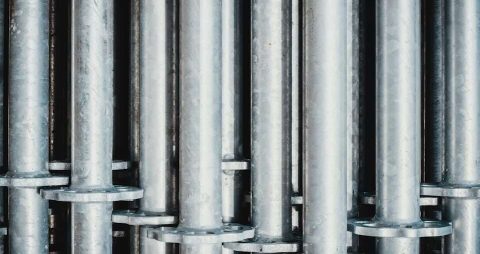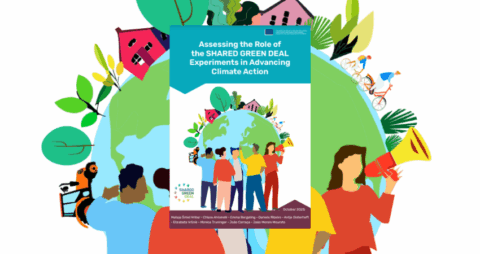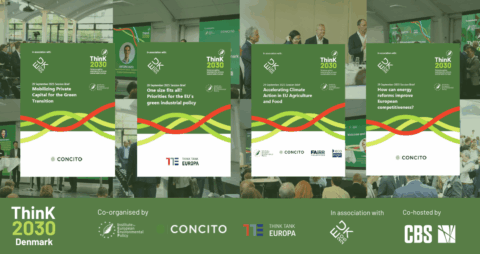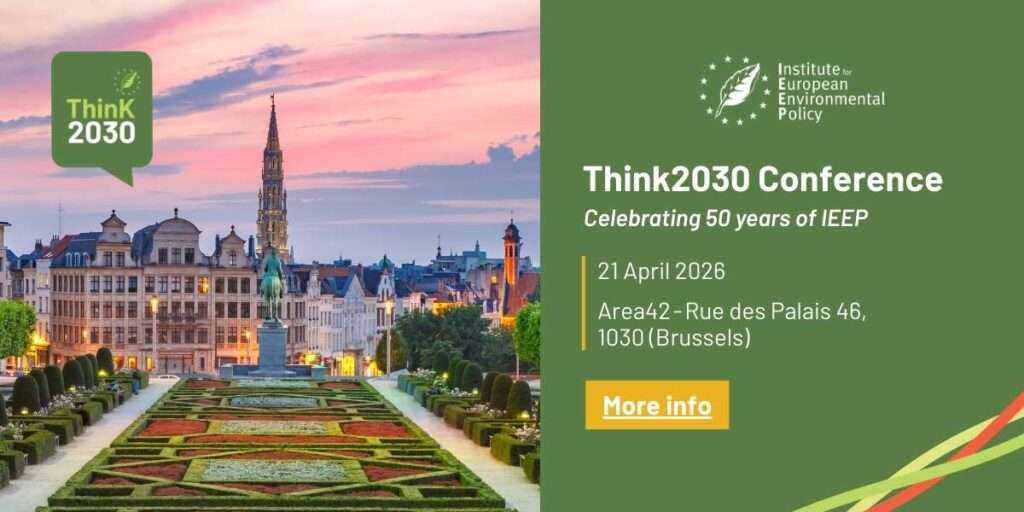Climate and Circular Economy
For more information
on the Climate and Circular Economy programme, please contact:

Chiara Antonelli
Head of programme
Overview
The EU is a front-runner in the transition to a climate neutral and circular economy. Achieving this goal requires a major acceleration this decade of policies related to both the supply-side and the demand-side of EU energy and material use. Questions related to the social and distributional consequences of climate, energy and circular economy policies are increasingly central, in view of ensuring that this transition is fair and just.
IEEP’s work in this area explores socially-just pathways to bring the EU economy within planetary boundaries for climate and material use. We are particularly interested in the nexus between inequality and climate action; analysis of green taxation and other economic instruments; behavioural changes and other demand-side measures; the social implications of waste, resource efficiency and circular economy policies; and social and environmental spillover effects from the EU’s climate and circular economy transition in other regions.
Key areas
How are the benefits and burdens associated with the EU’s climate and circular economy transitions distributed?
Can EU polluter pays economic instruments be progressive?
How can equitable EU material footprint reductions support greenhouse gas emission reductions?
What are the implications of human rights and environmental due diligence frameworks for climate action?
Latest news
- , Blogs
- , Events
- , Events
- , Blogs
Latest publications
- , Reports
- , Briefings
- , Briefings

